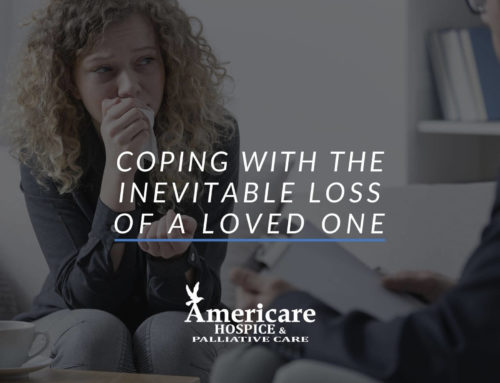Living Will: Do or Don’t?
You may have been told repeatedly that you need a living will. If you don’t have one, how will people know what your wishes are if you become seriously ill or injured? You may tell your loved ones your wishes, but if they ever disagree on what your care should be, a legal document like a living will can resolve the issue and ensure that your wishes are respected.
So, should you have a living will? In short, the answer is yes. But there are a lot of things to think about when it comes to living wills. A living will is not a perfect document, and it has a lot of weaknesses. Thinking through these issues can help you create a better living will and a more complete estate plan.
What’s Included in a Living Will
A living will outlines your wishes in the event that you become seriously ill or injured and are unable to speak for yourself. For example, if you are seriously injured in a car accident and a doctor declares you brain dead, a living will would let others know if you want to be kept alive through assistance, such as breathing machines and tube feeding. Or, if you have a stroke and become incapacitated, do you want to have the experimental surgery that could potentially save your life?0
Your living will can be as comprehensive as you like. It should document exactly what your wishes are in a variety of situations so that there won’t be any question about what to do in case of injury or illness.
Language Used in a Living Will
One of the major problems of a living will is that it usually uses broad and imprecise language that can be open to interpretation. For example, a living will might say that you don’t want “heroic efforts” to be used to save your life in the event of a serious illness or injury. Well, is giving you CPR considered a heroic effort? Or putting you on a breathing machine? It’s entirely possible for your wishes to be violated simply because someone misinterprets the language used in the living will.
You should work with your attorney to create a document that uses precise language to eliminate any ambiguity. Use specific examples as often as you can, and use concrete action words instead of euphemisms.
Covering All the Possibilities
Another weakness in a living will is that it can’t cover every single possibility in which it might be necessary. You may think through scenarios such as having an aneurysm, suffering a traumatic brain injury, or becoming paralyzed from the neck down. But you may not think of discovering that you have a rare disease or having all of your limbs cut off in a freak accident.
There are just too many ways that you can become incapacitated. It’s best to work with an attorney on how to use language that would cover the most scenarios, as well as to specifically address situations that are most likely to occur.
Change of Heart
When people put together a living will, they are imagining how they would feel in a given circumstance. They imagine what it would be like to be paralyzed, or to have to live the rest of their lives with a feeding tube. They make a decision on that imagining, but they don’t really know what the situation would be like. They may find that when they are facing the circumstances in the present, they would make another choice.
We can’t know how we will feel until we experience a situation. It’s worth keeping that in mind when you make your living will and create your stipulations for care.
Choosing a Proxy
A living will is a useful document, but as we’ve noted with these examples, it’s not perfect. You should consider appointing a surrogate, or health care proxy, to make decisions on your behalf if you are not able to do so. This would be a trusted friend, family member, or loved one who knows you – your morals, your feelings about your life, and the kind of decisions you usually make. You need to choose a person who knows you well and who would be able to remain objective and to make the appropriate decision.
Making end-of-life decisions is never easy. But it’s important that you have these talks with loved ones so that your wishes are respected when you aren’t able to speak for yourself. Work with a counselor or an attorney to think through everything you should include in a living will or estate plan.
At Americare Hospice and Palliative Care, we provide end-of-life care with the goal of improving quality of life. However, we believe in providing support for the whole family, including counseling. We can help you and your family members think through end-of-life issues so you can create a plan for your final wishes. Contact us today to learn more about our services or to make an appointment.
Published By:
1212 N. Spencer St., Suite #2
Mesa, Arizona 85203
Office: (480) 726-7773
Fax: (480) 726-7790
Email: info@americarehospice.org




